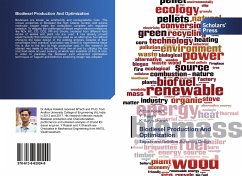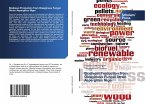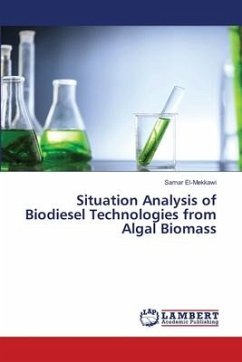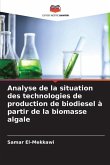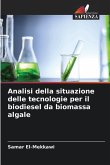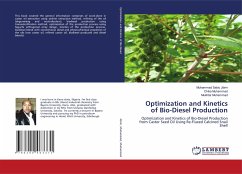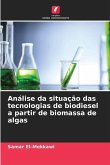Biodiesels are known as ecofriendly and biodegradable fuels. The unique properties in Biodiesel like high Cetane number and excess molecular oxygen helps the combustion complete with regulated emission. To mitigate the challenges of diesel engine exhaust emissions like NOx, HC, CO, CO2, PM and Smoke, biodiesel from different feed stocks of animal and plant oils are used. It has already proved experimentally that biodiesel can be used as an alternative fuel without changing the basic design of the existing engines. Despite of their advantages their practical application was limited to experimental stage this is due to the fact its high production cost. In this research an attempt was made to reduce the initial raw oil cost by utilizing the low cost feed stock of used cooking oil which was available at free of cost. In order to maximize the biodiesel yield advanced optimization techniques of Taguchi and Definitive screening design was adopted.
Bitte wählen Sie Ihr Anliegen aus.
Rechnungen
Retourenschein anfordern
Bestellstatus
Storno

